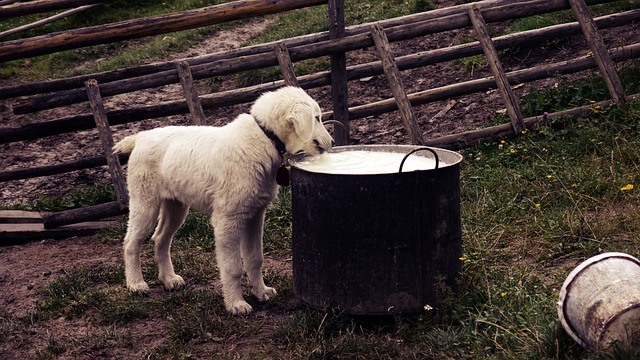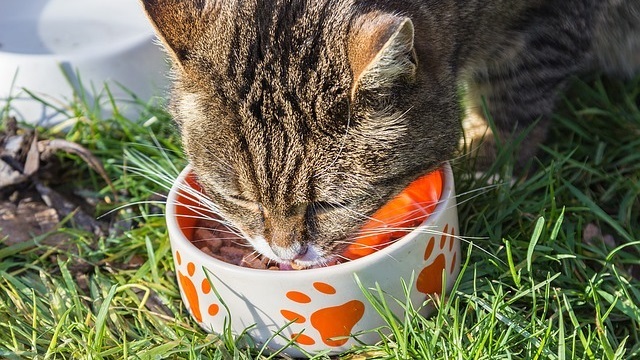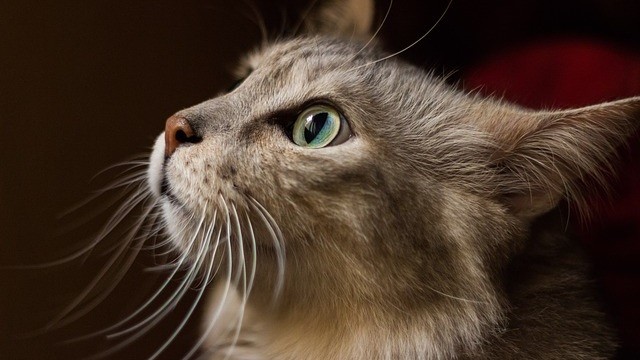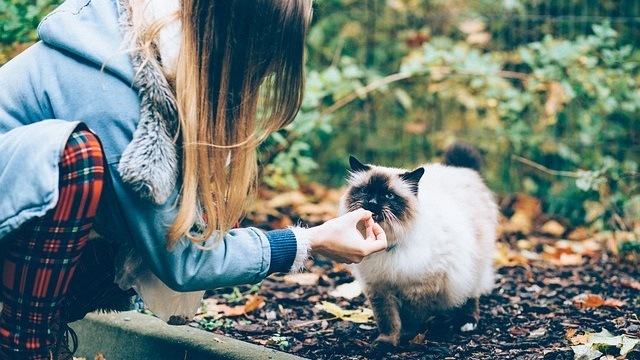Best Digestive Supplements for Dogs and Cats
Occasional digestive issues are to be expected throughout a dog or cat’s life. Whether they’re caused by a new diet plan, table scraps or a more serious illness, gut upsets are bound to happen. However, there are some tricks we can always rely on to improve gut robustness! We’ll be going through some of the best digestive supplements for dogs and cats below.
Depending on the nature of the problem, symptoms might be widely different, ranging from watery diarrhea to constipation, and frequently including vomiting. Seeking veterinary counseling is always recommended to ensure there is no serious underlying disease causing the symptoms. Fortunately enough, some mild and sporadic digestive issues will end up disappearing on their own.
- Dogs and cats may experience digestive issues for various reasons, including diet changes and illnesses.
- Consult a veterinarian for persistent symptoms to rule out serious underlying conditions.
- Probiotic yogurt and fermented foods can support gut health but should be introduced gradually.
- High-fiber foods are beneficial for the gut microbiome; consult a vet for proper amounts.
- Canned pumpkin aids in digestive recovery by slowing nutrient absorption in the gut.
Probiotic yoghurt

The magic of its production is pretty simple, and it’s called fermentation. When milk is fermented by bacteria from the species Streptococcus thermophilus and Lactobacillus bulgaricus, we will get yoghurt.
Be aware that dairy products should be used with caution, as they can cause gastrointestinal inflammation in some animals. It’s always better to start with small doses and choose yoghurts that are plain, sugar free, and with no added flavour or coloring.
Fermented Foods

Foods such as chaga, kefir and kimchi can be a healthy part of our pets’ diet. What’s unique about fermented foods is the extremely high number of prebiotics they have. Once again, moderation is required, so I recommend you get in touch with the Maven vet team or your local vet to make sure your buddy is consuming an appropriate amount.
High Fiber foods

These are the best choices to feed the gut microbiome and support a healthy tract. The amounts differ, so it’s best to consult a vet nutritionist before including these foods in your furry friend’s diet.
- Mushrooms
- Dandelion greens
- Chicory root
- Jerusalem artichoke
- Asparagus
- Bananas
Ginger (Zingiber officinale)

Ginger is perhaps the most widely used digestive aid in the herbal realm. Numerous studies support its benefits as a digestive tonic with remarkable carminative (gas-reducing) and intestinal spasmolytic (cramp-soothing) properties. In addition, Ginger is involved in the production of bile and various enzymes in the gut, improving the breakdown of foods, especially fats.
As a promoter of gut motility, ginger is quite effective at treating nausea and motion sickness.
Slippery elm (Ulmus fulva)

Slippery elm bark contains an unique assortment of tannin and mucilage constituents that are beneficial for a broad range of digestive ailments. In cases such as diarrhea, enteritis, colitis and stomach upsets, the tannin components tighten digestive mucosa and help reduce inflammation.
If constipation strikes, slippery elm soothes, protects and lubricates the mucous membrane. This will help the muscle to relax after working hard to eliminate waste.
Canned pumpkin

If indigestion is the culprit, canned pumpkin is the answer. Plain pumpkin puree (without spices, sugar or any sort of additive) slows down nutrient absorption in the gut. This makes it the perfect ally to recover the gastrointestinal balance!
Best Digestive Supplements for Dogs and Cats – Conclusion

While these methods are all-natural approaches for digestive issues, prevention is still the best prescription. It’s possible to avoid plenty of digestive problems just by keeping our pets on a healthy diet. Other things to keep in mind are to avoid giving table scraps and to limit the exposure to foods and foreign bodies that might irritate the stomach.
If a digestive ailment hits in a sudden and severe way, if symptoms persist over time or if they recur often, it is undoubtedly wiser to contact our Maven experts or your own vet!
Maven is all about proactive pet care. Be your best friend’s best friend by giving them 24/7, high-quality, industry-leading vet care to improve their mental health, physical health and more. No more frantic googling or unneeded stressful visits to the vet – Maven helps you save hundreds while also ensuring your pet lives the best life possible. Get your kit now!




